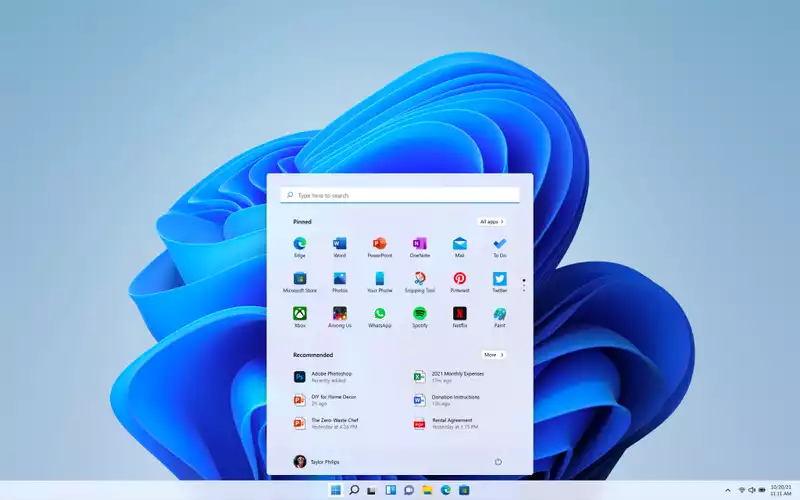The confusion over Windows 11 requirements continues. With many people trying to download the first Windows 11 Insider Release, Microsoft has removed one of the key tools people were using to see if they could update.
A blog post from The Windows Team revealed that the PC Health Check app is being temporarily removed. Interestingly, Microsoft also acknowledged that it may change the list of processors that support Windows 11.
The PC Health Check app, in the team's own words, "was not fully prepared to share the level of detail and accuracy you would expect from us about why Windows 10 PCs do not meet upgrade requirements."
As for when it will be back? The post states that it "will be back online for general availability this fall" and will likely be available prior to September. Microsoft has said that Windows 11 will be released for Holiday 2021, but according to The Verge, Microsoft has hinted at an October 20 release date.
In the absence of that app, Microsoft is telling people to check its official system requirements page. These include things that users don't know how to check for themselves, such as whether the system firmware is "UEFI, secure boot compliant" and whether the system has a TPM 2.0 chip. Check out this guide to find out if your system has a TPM chip.
The buzz surrounding PCs that can run Windows 11 is also based on very specific CPU sets. In the blog post above, Microsoft declared that there are three guiding principles for Windows 11: security, reliability, and compatibility.
For example, Microsoft is aiming for a standard that "has been shown to reduce malware by 60% on tested devices," which is part of the reason for requiring TPM and Secure Boot. The company's insistence on supported CPU standards is also intended to push everyone to hardware that "uses the news Windows Driver model," and the company aims for a crash-resistant experience.
And meeting these three criteria is not possible on all systems, the company explains. According to the posting, Intel 8th generation chips, AMD Zen 2, and Qualcomm 7 and 8 series-based systems will support Windows 11.
However, it is unknown if Intel 7th generation and AMD Zen 1-based systems will also be able to adequately run Windows 11 by Microsoft's standards. The company has stated that it will conduct "tests to identify devices" that will run on these chips that will run well enough with Windows 11. This will be done by allowing Windows Insiders to install Windows 11 on Intel 7th generation based systems and by working with partner OEMS.










Comments